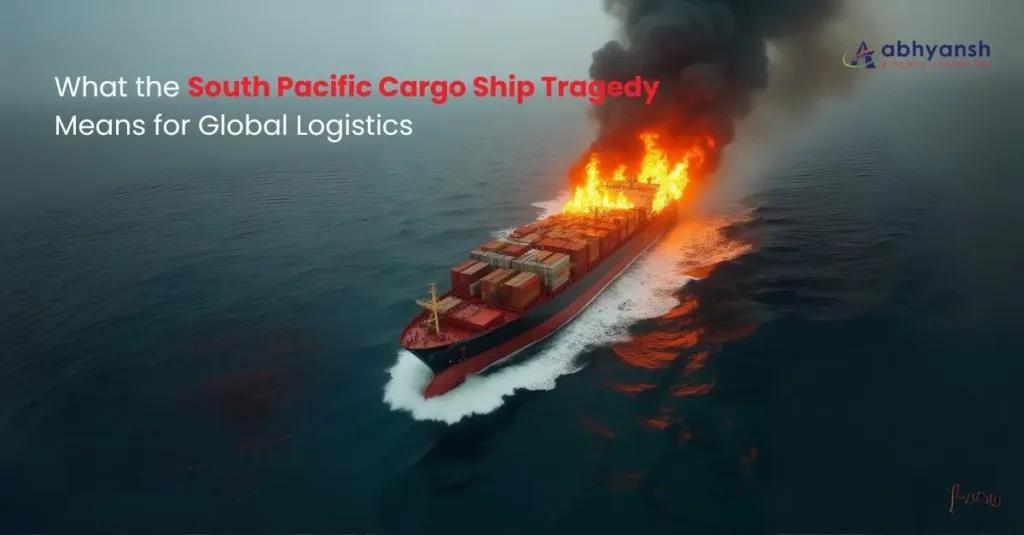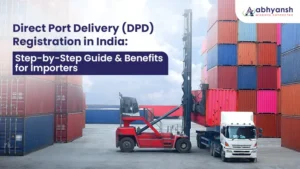Earlier this week, a cargo ship carrying over 3,000 vehicles sank in the South Pacific after a devastating onboard fire, highlighting the often-overlooked vulnerabilities within global maritime logistics. The incident raises critical questions around cargo safety, compliance, and risk management across the shipping and logistics sector.
The Incident in Brief
The vessel, en route with thousands of brand-new vehicles, caught fire in the open waters. While most of the crew was rescued, the damage was irreparable. The ship ultimately sank, taking its valuable cargo and hard-earned supply chain timelines with it.
This isn’t just a shipping accident; it’s a wake-up call.
What This Means for the Industry
1. Fire Risk from EV Batteries & Modern Tech
With the growing inclusion of electric vehicles (EVs) and lithium-ion batteries, fire hazards on cargo ships are no longer rare. The industry now faces the urgent need for updated safety protocols for hazardous materials even if they’re wrapped in shiny new metal frames
2. The Importance of Real-Time Monitoring
Fire detection, temperature control, and remote monitoring systems must evolve. It’s time shipping companies adopt smarter technologies not just for efficiency, but for safety.
3. Cargo Insurance & Risk Preparedness
Losses from such incidents can run into hundreds of millions of dollars. Having the right marine cargo insurance, understanding liability limits, and being prepared for force majeure events are essential strategies for importers, exporters, and logistics providers alike.
A Call for Resilient Maritime Practices
This tragedy echoes a critical reality: our global supply chain is only as strong as its weakest safety protocol. From proper stowage planning and regulatory compliance to emergency crew training and risk audits, preventive logistics is no longer optional, it’s mission-critical.
Final Thoughts
In an industry that thrives on scale and speed, we cannot afford to overlook safety, sustainability, and scenario planning. The Pacific shipwreck is a sobering reminder that in shipping, a single spark can sink not just cargo but, confidence and continuity.
At Abhyansh Shipping and across the logistics ecosystem, let’s treat this moment as more than news. Let’s treat it as a reason to rethink, reinforce, and recommit to safer global trade.
What steps do you think logistics players should take to prevent such disasters? Let’s start a conversation below.






